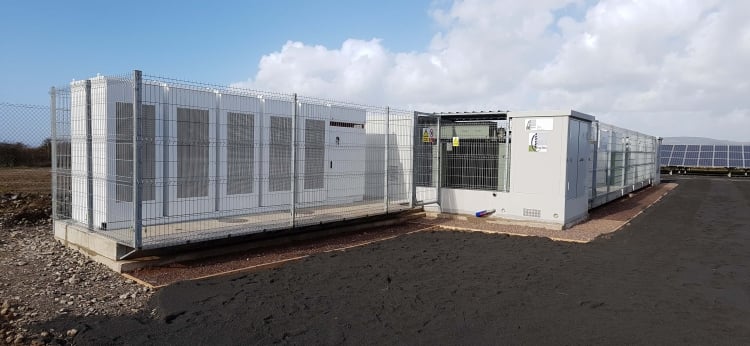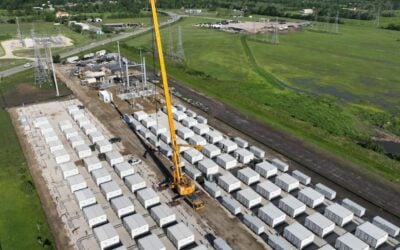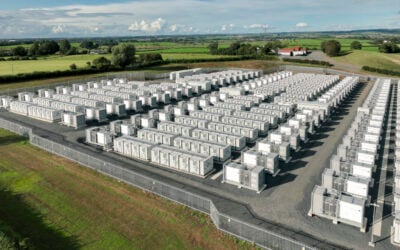
UK aggregator Kiwi Power is launching a ‘co-optimisation’ offering as it warns that relying on fast frequency response (FFR) could risk half of potential revenues.
Kiwi will switch assets between multiple market verticals – including ancillary and wholesale markets – as part of its offering, which it is lauding as a “revolutionary alternative” to traditional optimisation.
The aggregator said it can unlock an estimated 41% of additional revenue for battery storage and DSR owners, stating that those that rely on an FFR-only approach to asset optimisation risk losing half of their potential revenues.
Kiwi’s new offering allows asset owners to capitalise on electricity price volatility and other system stress events, it said.
Try Premium for just $1
- Full premium access for the first month at only $1
- Converts to an annual rate after 30 days unless cancelled
- Cancel anytime during the trial period
Premium Benefits
- Expert industry analysis and interviews
- Digital access to PV Tech Power journal
- Exclusive event discounts
Or get the full Premium subscription right away
Or continue reading this article for free
This is of particular relevance currently due to the volatility in price and changes in demand due to the COVID-19 pandemic.
“As competition grows, an effective battery and DSR management strategy will be key to maximising revenues without being restricted to a single market where competition sees the price pressured,” Kiwi’s head of optimisation, Thomas Jennings, said.
A number of companies offer revenue stacking opportunities, optimising assets by trading them in a variety of different markets. This includes companies such as EDF, which trades assets across wholesale and ancillary markets and the Balancing Mechanism.
“By engaging in co-optimisation, battery storage and DSR owners will position themselves to be in the right market at the right time as the grid continues to change and different flexibility services are needed,” Jennings added.
This story first appeared on Current±.





